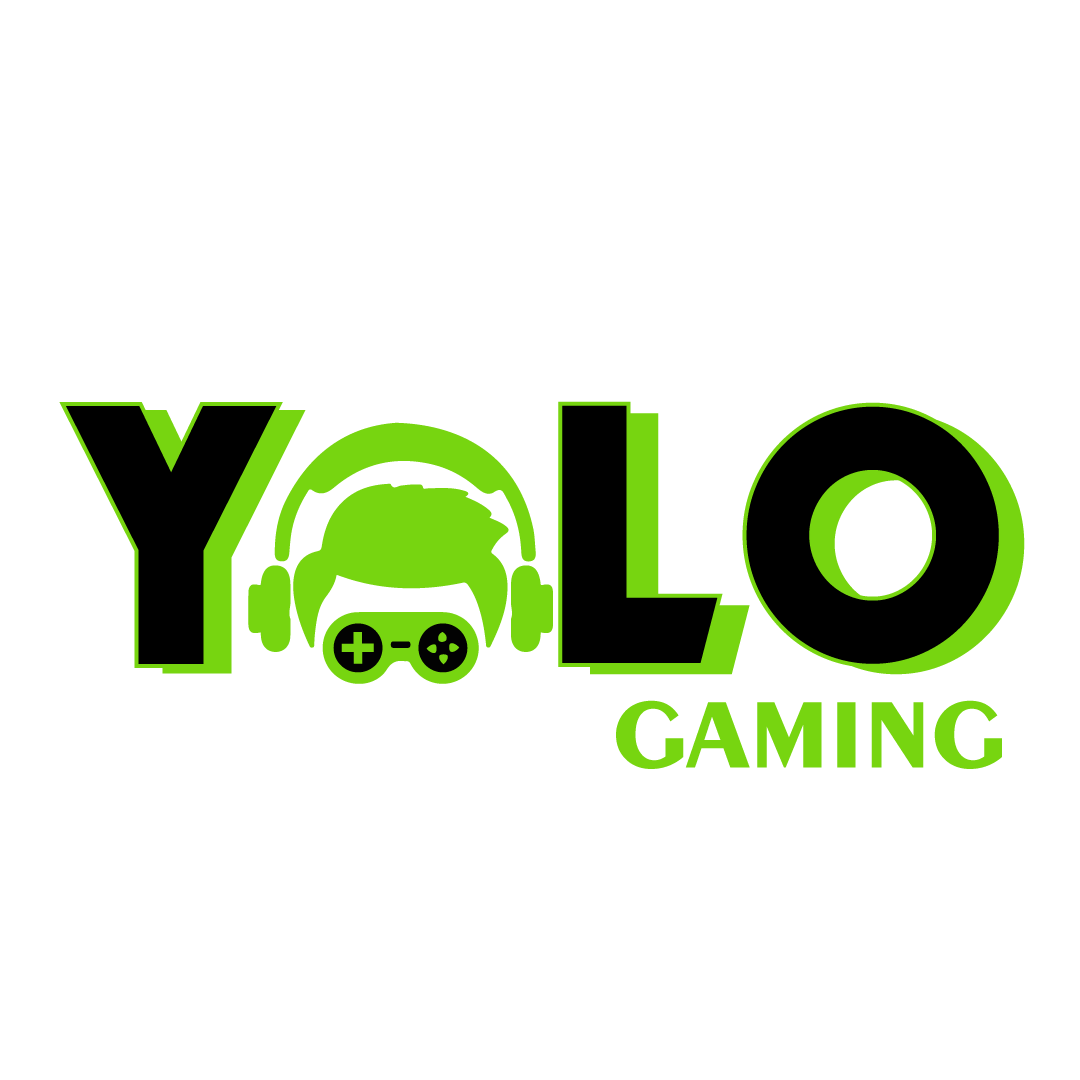The evolution of esports has transformed it from a niche hobby into a high-stakes industry. As the competition intensifies, professional gamers are focusing more on their physical and mental health to maintain peak performance. Just like traditional athletes, esports professionals need a balanced approach to nutrition and training. Here’s how they stay in top form.
Nutrition: Fueling the Mind and Body
Proper nutrition is essential for sustaining energy levels, cognitive function, and overall health during long gaming sessions. Key nutritional strategies include:
Balanced Diet
A diet rich in whole foods provides the necessary nutrients for optimal performance:
- Complex Carbohydrates: Found in whole grains, fruits, and vegetables for sustained energy.
- Lean Proteins: Sources like chicken, fish, tofu, and legumes aid muscle repair and cognitive function.
- Healthy Fats: Avocados, nuts, seeds, and olive oil support brain health.
- Vitamins and Minerals: A variety of fruits and vegetables ensure adequate intake of essential nutrients.
Hydration
Staying hydrated is crucial for maintaining focus and preventing fatigue. Pro gamers drink plenty of water and limit sugary drinks and caffeine.
Supplements
Some gamers use supplements to enhance performance, such as:
- Omega-3 Fatty Acids: For brain health.
- B Vitamins: To boost energy and reduce fatigue.
- Caffeine: In moderation, to improve alertness.
- Adaptogens: Herbs like ashwagandha to manage stress and enhance focus.
Training: Physical and Mental Conditioning
Beyond quick reflexes and strategic thinking, esports athletes benefit from a comprehensive training regimen that includes physical exercise, mental conditioning, and rest.
Physical Exercise
Regular physical activity helps maintain health, improve posture, and boost cognitive function. Key components include:
- Cardiovascular Exercise: Activities like running or cycling to improve stamina.
- Strength Training: Weightlifting or bodyweight exercises to build muscle.
- Flexibility and Mobility: Yoga or stretching to prevent injuries.
Mental Conditioning
Mental resilience is critical for handling high-pressure environments. Practices include:
- Mindfulness and Meditation: To reduce stress and improve focus.
- Cognitive Training: Puzzles and memory games to enhance mental agility.
- Visualization: Imagining successful scenarios to build confidence.
Rest and Recovery
Adequate rest is essential for recovery and maintaining peak performance:
- Sleep: 7-9 hours of quality sleep per night.
- Breaks: Regular breaks during gaming to prevent burnout.
- Recovery Practices: Techniques like deep breathing and professional massages to aid recovery.
Conclusion
Professional gaming demands dedication, discipline, and strategic health planning. By prioritizing nutrition, maintaining a regular training regimen, and ensuring proper rest, pro gamers can enhance their performance and longevity in esports. As the industry grows, a holistic approach to health will become increasingly important, supporting the rise of elite, well-rounded gamers.

